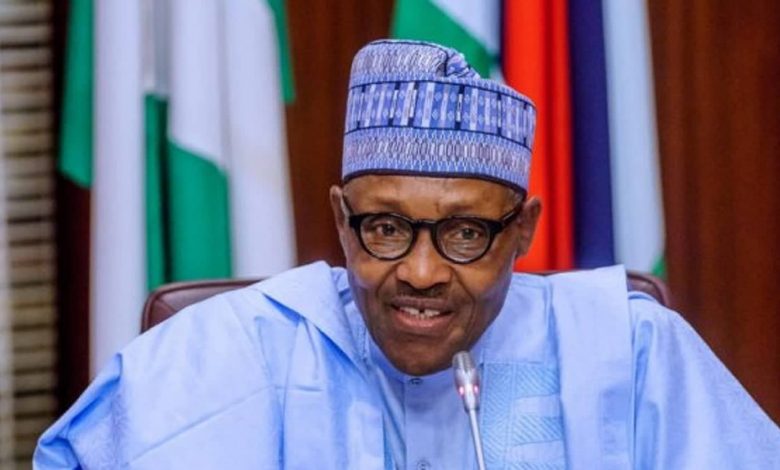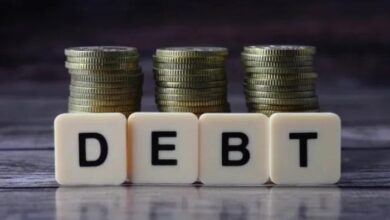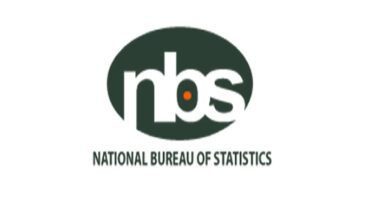PMS: Still on Petrol subsidies

According to a Punch news report, the Nigerian Labour Congress will come up today with its position on the recommendation by governors that the price of Premium Motor Spirit, popularly called petrol, be raised from N162/litre to N408.5/litre. This is in response to the recommendation of a committee set up by the Nigeria Governors’ Forum which called for immediate removal of petrol subsidy and recommended a petrol price of between N380/litre and N408.5/litre. In his response, the Group General Manager, Group Public Affairs Division, NNPC, Kennie Obateru, noted that though the subsidies have become a huge burden to the NNPC, the corporation would await the Federal Government’s position on the governors’ recommendation before changing petrol price.
Brent crude price in the international market currently trades at US$65.12/barrel. There have been attempts in the past to remove the fuel subsidy but a steep devaluation in the currency and an increase in crude prices in the international market which implies an increase in the landing cost, on many occasions, have necessitated the continuation of the subsidy regime, now booked as under-recovery losses in the books of NNPC This appears to be taking its toll on state government funds which are dependent on funds remitted by NNPC, hence the recommendation. The elevated crude oil prices that have resulted in an increase in the landing cost of petrol to above N300 per litre according to news reports which significantly exceeds the current price of between N160-N165 per litre.
In 2020, a steep decline in global crude prices triggered by the global pandemic completely wiped out the subsidy via significantly lower landing costs, paving the way for a reduction in the pump price of Petrol in mid-March. The PPPRA announced a reduction in ex-depot price to N113/litre and the official pump price to N125/litre. Since then, the PPPRA has gone on to raise fuel pump price to N135-N145/litre in April before implementing a reduction to N121.50 – N123.50/litre in June. An increase to N140.80 – N143.80/litre in July was implemented and was raised again in August to N148 – N150/litre to reflect rising crude prices. In November, the NNPC increased its ex-depot price which led to an increase in the pump price of petrol to between N168 and N170/litre.
According to a Bloomberg report, due to the continuation of the subsidy regime, the NNPC is absorbing monthly under-recovery losses between N100bn and N120bn on Nigeria’s average daily consumption of around 60 million litre of PMS. We note that deregulation of the oil sector remains a politically sensitive discourse. Deregulating the downstream sector is always a challenge in a country where the subsidy on petrol prices is seen as the only source of social security. We maintain our view that the current timing is inopportune given the effects of the pandemic and recent hike in electricity tariffs on the already squeezed Nigerian consumer. Increasing petrol price above N300/litre will indeed be an intolerable burden on the average Nigerian and may result in street protests like we have seen previously.




